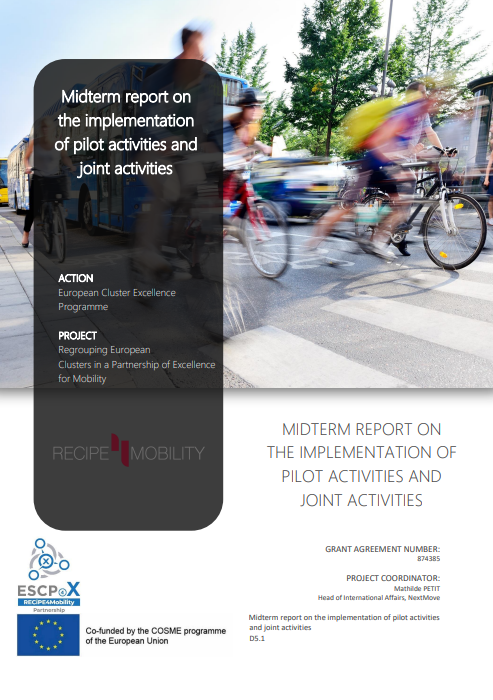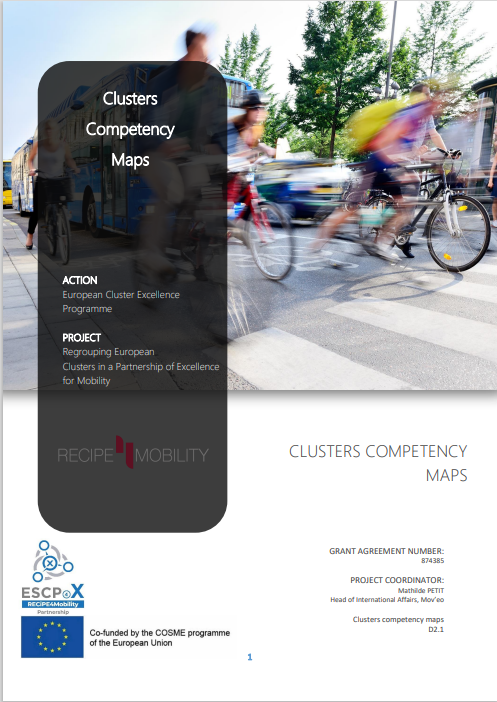Zone Cluster | Testimonies from SMEs, scaling-up support organizations and regional authorities about clusters’ added value

E-Mobility Cluster Regensburg | Testimonies from SMEs, scaling-up support organizations and regional authorities about clusters’ added value
Agosto 4, 2021
RAI Automotive Industry NL | Testimonies from SMEs, scaling-up support organizations and regional authorities about clusters’ added value
Agosto 4, 2021Zone Cluster
Activities
Since we have diverse membership (companies from all areas of mobility), we try to provide different services for each sector. Generally, cluster members are happy with the activities, these are the most important:
• Networking opportunities, strong partner relations
• EU fund applications, related project management
• Cluster working group activities (education, regulation)
A traditional automotive member mentioned that the number of the activities related to the automotive sector should be increased. Regarding time focus, members pointed out their sectors have different needs. However, they agreed that now we focus more on medium/long-term but we should also pay attention to short-term results.
Cluster Commitment
Generally, the members think that we represent their interest in a decisive way, we take into consideration their interests during project negotiations. Regarding the networks, they think that we have great national and international network, and they would enjoy more networking opportunities. All the respondents think that we keep our commitments. The level of connectedness differs between respondents, we have stronger connections with the members if we have better personal relationships or a longer history of cooperation and trust.
Cost-Benefit
Based on the replies, the two membership groups have different views on the costs and benefits: The non-automotive members are happy with the benefits and they enjoy being involved in more and more different projects. These opportunities and the help with project management makes the membership cost reasonable for them. On the other hand, cluster members with a heavier focus on the automotive sector see less benefits, but it is important to mention that both cooperating with automotive sector clusters in the RECIPE4Mobility project and running successful EIT Urban Mobility projects can change this attitude and increase members’ satisfaction.
Communication
Based on the replies, we provide all the necessary information to members; if they have any questions, we respond quickly. Regarding the channels, members prefer emails (or phone call) for everyday communication, but they also appreciate in-person events (e.g. networking dinner, workshops, General Assembly). We received recommendations to be less formal and more concrete in communications. In addition, we should work on how we disseminate activities and share news. We believe that this will be improved by the updated newsletter and the new modern website (with more pictures and videos).
Behaviour
Regarding behaviour, the non-automotive companies find us innovative, modern, open and result-oriented and they highlighted our problem-solving and project management skills. These members think that we show more initiative and bring interesting opportunities for collaborations (e.g. through EIT Urban Mobility). However, members from the automotive sector see us as a more formal, less innovative cluster and they find it harder to understand our goals and targets.




